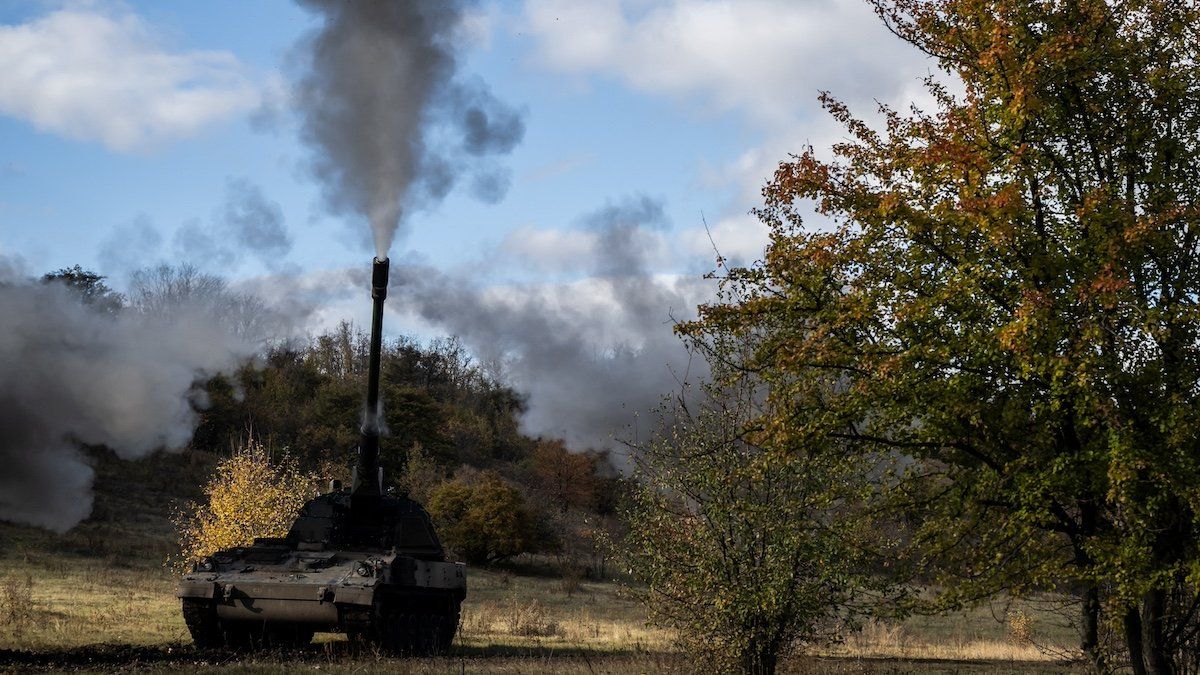Ukrainian officials said Monday their troops had fired upon North Koreans in the Kursk region, which Ukraine has partially occupied, in the first known contact between the two sides. Thus far, the action has been confined to Russian territory, where North Korea can point to its mutual defense pact with Russia for some legal cover (not that Pyongyang has admitted it deployed a single soldier yet), but what happens if the Korean People’s Army pushes into Ukraine proper?
It’s a possibility the US is eager to head off, according to Eurasia Group and GZERO President Ian Bremmer. “The United States sees North Korean combat troops entering Ukraine (as opposed to Kursk, on Russian territory) as a major escalation in the war — and has warned Russia that such a decision would risk NATO troops being sent into Ukraine,” Bremmer said after discussions with senior Biden administration officials. The National Security Administration and NATO did not immediately respond to requests for comment.
There are reasons for skepticism: Ukraine is not a NATO member and has expressed great frustration with its allies over how fear of escalation in Western capitals has clipped its military’s wings and resulted in preventable civilian and military deaths. How seriously Russian President Vladimir Putin takes it all depends heavily on the results of the US election tomorrow, as a second Trump administration would be much friendlier to Russian interests.
But Eurasia Group analyst Jeremy Chan says Moscow ought to be well aware of the risks. “As soon as North Korean troops cross into sovereign Ukrainian territory, it would make resolving the conflict far more complicated,” he says. “It would also engender a dramatic response from the West, and you could even see the Chinese come off their preferred position right on top of the fence because this would not be in Beijing's interests and would be a pretty flagrant violation of China’s five principles of peaceful coexistence.”
